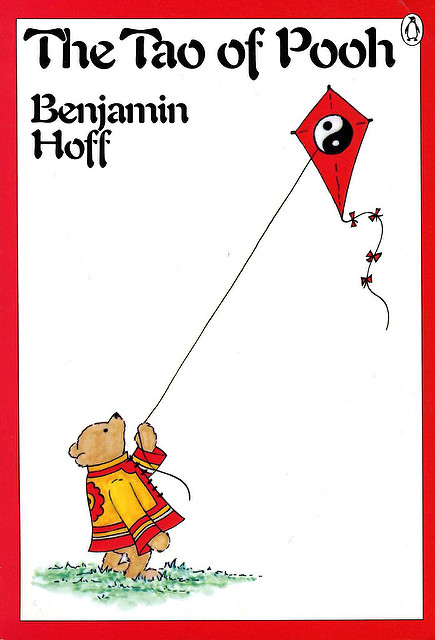Cover image photo taken by David Wilder.
Ram Dass is an American spiritual teacher well-known for his bestselling 1971 book Be Here Now, as well as his personal and professional relationships with Timothy Leary at Harvard University in the 1960s, his travels to India and relationship with his guru Neem Karoli Baba, and for founding the charitable organizations Seva Foundation and Hanuman Foundation. He wrote the book Still Here: Embraced Aging, Changing, and Dying after experiencing a stroke in 1997.
The book covers many topics (mostly related to aging and dying) that a person may encounter on their spiritual path. As we age, many things change with our physical bodies and minds, as well as our roles in society. However, Ram Dass attempts to point out that there is another level of being—the Soul level, which is experiencing reality through a human body while simultaneously being untethered to it.
A section discussing changes with our minds—due to the aging process—introduces the concept of mindfulness practice and covers several mentally-related common fears of aging: senility, loneliness, embarrassment, powerlessness, loss of role and meaning, and depression. Following that, Ram Dass gives some advice for facing those fears head on.
The next section covers bodily changes that occur due to aging, such as discontent with body image, low energy, focusing on a list of physical woes, the difference between healing and curing, working with pain, and disease.
Following the discussion on the body, Ram Dass explains how our societal roles change and shift during the aging process, how to live in the present moment, learning to die, and the effects (both positive and negative) that a stroke had on his life.
I greatly enjoyed this book. Like Be Here Now, it is filled with wisdom and sage advice for spiritual travelers. I would recommend this to anyone interested in stepping further down their own spiritual path, especially those who are currently in the later stages of life. I imagine that Still Here would have a lot to offer the average person that is on the verge of entering the next phase of their Soul journey.
4/5 stars. 206 pages.










